|
Infusing supernatural horror into the traditional coming-of-age narrative, Joachim Trier's Thelma is an atmospheric foray into the troubled psyche of its main protagonist, exploring the unseen, existential dread felt by an individual who feels detached and/or displaced from society, unable to find solace from within. A story of a college student who learns that her violent seizures are a symptom of inexplicable, and often powerful, supernatural abilities, Trier's aesthetic for this particular work is more foreboding and voyeuristic than his previous films, featuring a lens that often lurks from a slight distance, creating a subtle, atmospheric sense of foreboding dread. Thelma's underlying thematic assertions can be a tad enigmatic at times, yet through the film's sensitive treatment of its main protagonist, a young woman whom feels like an outsider, the film exudes a poignant study of existential dread and the search for identity. While the horror elements are effective in creating a tense atmosphere, Thelma works best when interpreted as a parable related to suppression, detailing the toxic nature it can have on the youthful sense of becoming, with our main protagonist's inability to understand and be comfortable with oneself leading to dangerous places due to her supernatural abilities. Whether it's sexual or emotional in nature, Trier's film reveals the debilitating nature suppression has on the psyche of a budding young mind, exhibiting how often such forms of suppression are used out of fear not love, detailing how such decisions can often inflict more trauma and pain in the long run.
0 Comments
An honest and heartfelt coming of age story told through the prism of forbidden love & carnal desire, Luca Guadagnino's Call Me By Your Name presents a relatively taboo storyline with grace, deconstructing the turbulent and life-changing effect love and lust can have on the psyche of a young individual whom is still trying to understand himself. Juxtaposing the confusion and discomfort of adolescence with the freedom and exuberance felt by first love, Call Me By Your Name at its core is a story about connection and companionship, examining how kinship can be an instrumental aspect in self discovery. Guadagnino's Call Me By Your Name is sensual yet fleeting, a film which manages to capture how all emotions, whether positive or negative, are important to self-discovery and self-worth. Passion, desire, and love drive us to places that leave us vulnerable to hardship and pain, yet they also provide us with joy and companionship, often giving us a better understanding of ourselves through such intimacy. Throughout Call Me By Your Name's narrative we know that Elio's relationship with the older Oliver is one which will never last, yet it's through their connection that Elio goes through a personal evolution, one which inevitably ends in emotional pain, but one which has helped shape him as a person and given him much joy in those moments they shared, being a transformative time in his life which he will never forget.
Zach Snyder's Justice League is a serviceable superhero film which manages to be surprisingly coherent, despite the massive rush job the studio placed on the film, a situation that cannot be held against this film itself. Justice League's greatest aspect is its fast-pacing, spending very little time getting to the meat of its story, setting up a host of characters in a way that is far from perfect, but quite forgivable, given the overall thrust of the narrative. Running just a shade over two hours, Justice League never drags, and while the film's main thematic assertions related to team feel pretty vapid with the arrival of Superman, it's hard to not sit back relax, and enjoy the bombastic nature of this superhero team-up.
Intelligent, intriguing, and thematically-rich, Hunter Adams' Dig Two Graves is an exemplary example of what Horror filmmaking should strive to be. Building its tension and mystery naturally through cinematography, score, and beautiful use of mise en scene, Dig Two Graves creates an ominous atmosphere, one that is palpable from beginning to end. Featuring not a single jump scare, nor any didactic storytelling devices, Dig Two Graves is a tale of the toxic nature of revenge, detailing the perpetual nature it instills in us, while featuring a narrative thrust that is assured yet alluring, unfolding with precision.
A biting satire focusing on the failures associated with Afghanistan War, David Michod's War Machine is a story of ego and hubris, detailing a idiosyncratic general thrown into an unwinnable situation, fighting an enemy that is unquantifiable and undefinable. War Machine is honest and cynical, comedic yet depressing, using this general as a vessel to expose the absolutely absurdity of this war, and the perpetual state of it. Respectful towards the men and woman whom serve, War Machine showcases a man in General Glen McMahon who is well-intentioned but destructive, a pawn to the larger interests. In a way he eventually becomes a tragic character, a man whose ego and desire to gain respect and admiration leads him into a no-win situation, one which inevitably leads to his fall from grace.
Enigmatic in its elliptical nature in which plotting is nothing more than a tease or deflection from the film's deeper thematic intentions, Oliver Laxe's Mimosas' is a self-described "religious western" which follows a caravan of men, lead by a dying Sheikh, venturing across the dangerous terrains of the Atlas mountains. Meditative in approach, Mimosas is a study of faith, and the constant conflict between our higher powers and our primal, basic instincts, detailing how the invocations of man, due to hubris or fear, often are a result of not having enough faith. Wide-angle cinematography routinely juxtaposes the vastness of these landscapes against the characters of this story, visually encapsulating the scale of life itself in the face of humanity, using a visual aesthetic that elicits the same feelings of isolation and fear which the pressures of life can place on one's spiritual journey in life. While there is no denying that Mimosas is a tad tepid in its pacing, Oliver Laxe has created a singular, quietly meditative study about faith.
A haunting experience, Wang Bing's Mrs. Wang is a documentary which stares deeply into the existential abyss. A merciless film detailing Fang Xiu Ying, a sixty-seven year old whom is suffering from Alzheimer's disease, Bing's latest documentary is an unintrusive, observational study which is as life-affirming as it's soul-crushing, exhibiting how fleeting life truly is, and the unflinching, nature of existence itself. Bing's lens is unsentimental and provocative in its ability to gaze dispassionately into the glazed eyes of this dying woman, a challenging experience for the viewer but one that pushes us into a contemplative, existential state, as we, the viewer, attempt to grapple with what we've just experienced. Eschewing a one-note dire, stoic experience by not only documenting Mrs. Fang, but also her family, neighbors, and friends, Wang Bing's film feels expansive yet intimate, exhibiting not only the impending death which enshrouds this town, but also the lives whom continue to live and hope for the best. Wang Bing's Mrs. Fang gives more than ample time to the environment in which these characters inhabit, what appears to be primarily a fishing village, juxtaposing the tranquil place with that of the small, quiet approach of death. Raw in its emotion, yet transcendent in its ability to document life and death, Wang Bing's Mrs. Fang is another stellar documentary from the Chinese filmmaker, which manages to challenge both emotionally and intellectually.
A nuanced, intricate study of family dynamics, Noah Baumbach's The Meyerowitz Stories explores what it means to love, examining the balance which is ultimately necessary in any family, between self interests and familiar obligation. Featuring strong performances from all involved, The Meyerowtiz Stories' astute characterizations of individuals each dealing with internal struggles sparked by past trauma magnificently encapsulates the fine-line often associated with love, where exploitation and sacrifice can often be bedside companions among those one cares deeply about.
Constructing a horror film centered around adolescent longing as it relates to identity and independence, McG's The Babysitter details a child's fight-for-his life against his satanist babysitter as an allegory, showcasing the need to overcome individual fears of failure throughout adolescent on the path to adulthood. The film tries to be playful in approach, but for as many laughs, the screenplay delivers are too many cringe-inducing moments of attempted levity, with the film's greatest aspect being the creative, uber violent deaths throughout, far from enough to keep this film interesting from start to finish.
Charming, and heartfelt, with moments of gonzo throughout its two-hour running time, Joon-ho Bong's Okja manages to be both a biting culture critique about the self-centered nature of humanity, as well as tender story of family-bonds, shared specifically between a young girl and her pet pig. Joon-ho Bong's Okja features the same tired, cartoonist corporate nastiness as many films, yet the filmmaker's unconventional tone, one full of crazy antics, playful anecdotes, and a truly memorable performance by Jake Gyllenhaal, make the film wholly original and highly satirical with a message rooted more specifically to human nature, not politics, showcasing the exploitative nature inherent to self-centered behavior. Bong's film is a plea for civilization to recognize its growing detachment to nature, due technological advancement, a story which is hard to not appreciate both emotionally and intellectually, due in large part to Joon-ho Bong's truly singular tone.
|
AuthorLove of all things cinema brought me here. Archives
June 2023
|


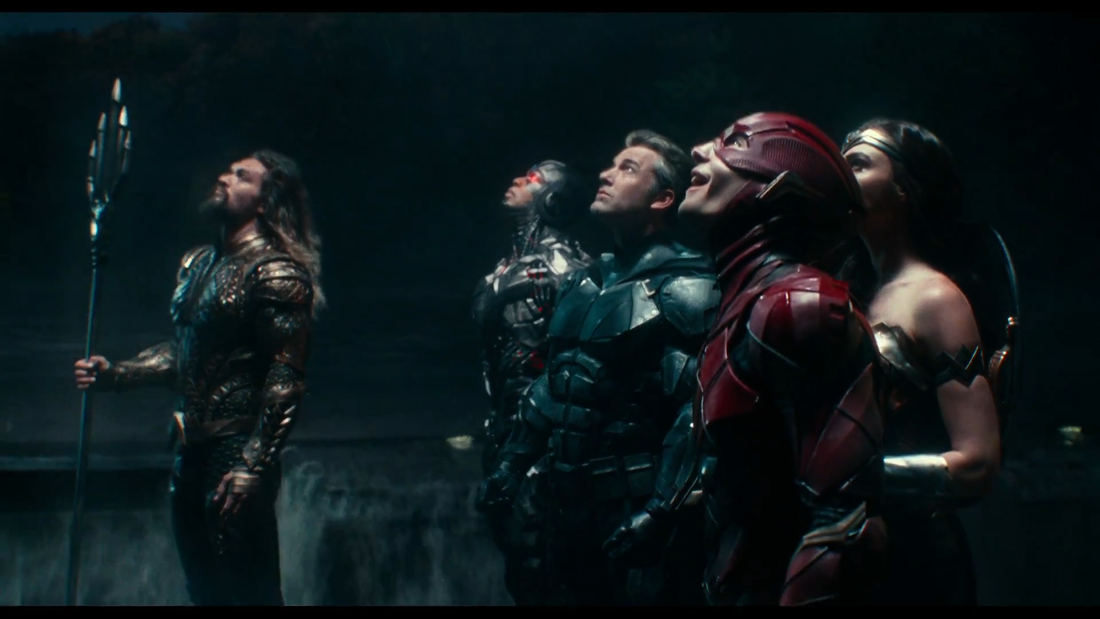

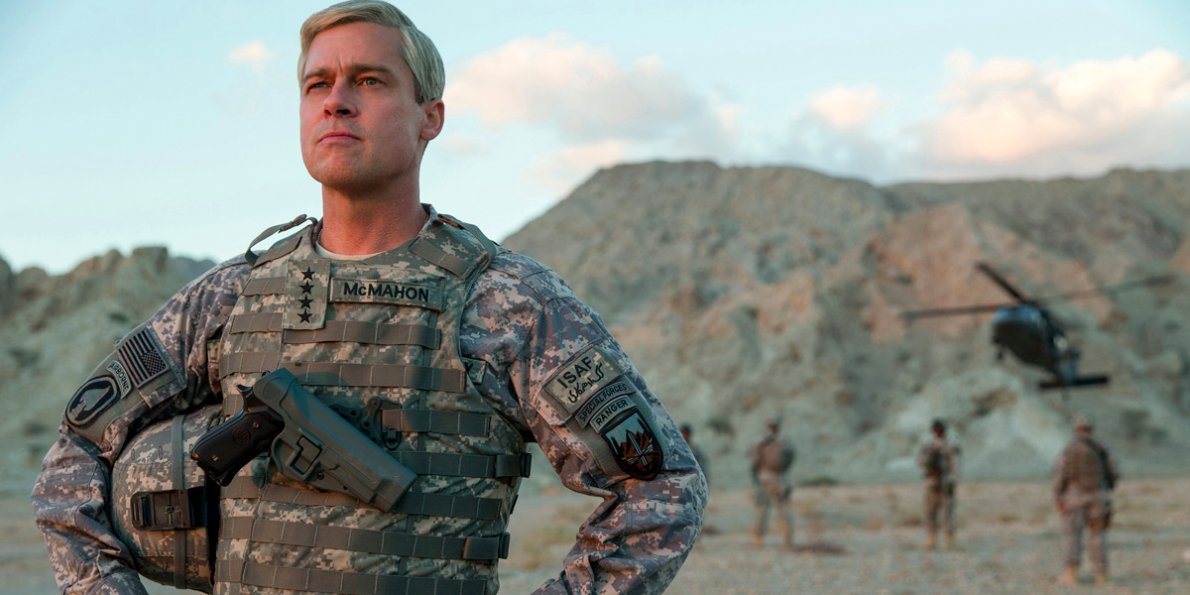
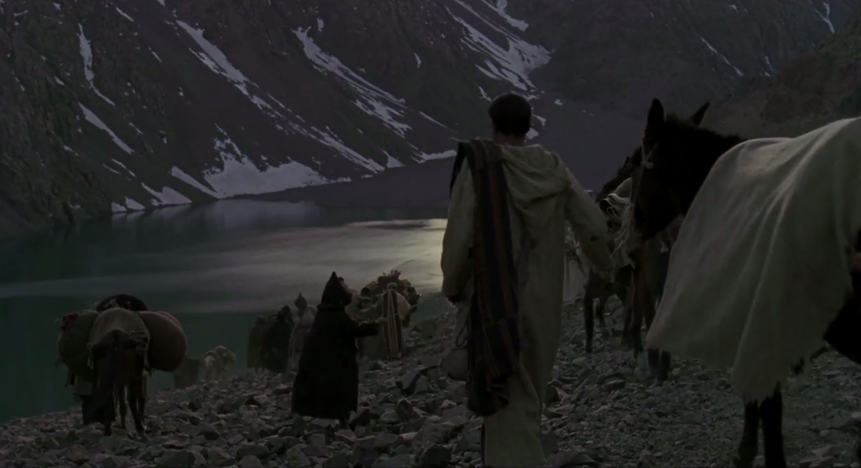

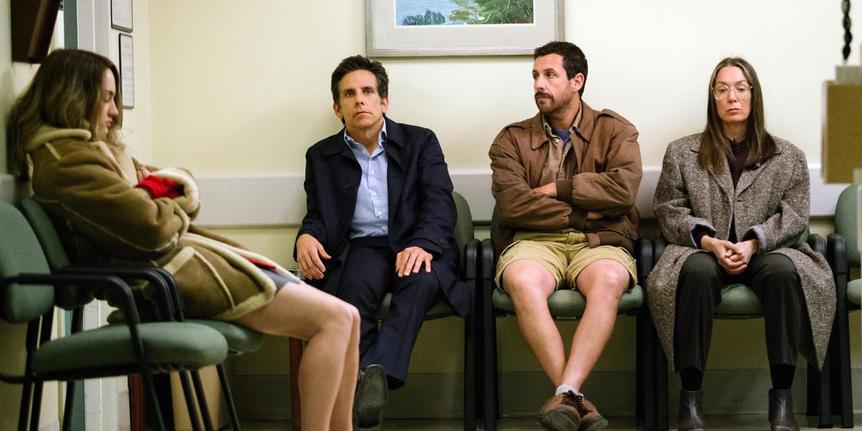
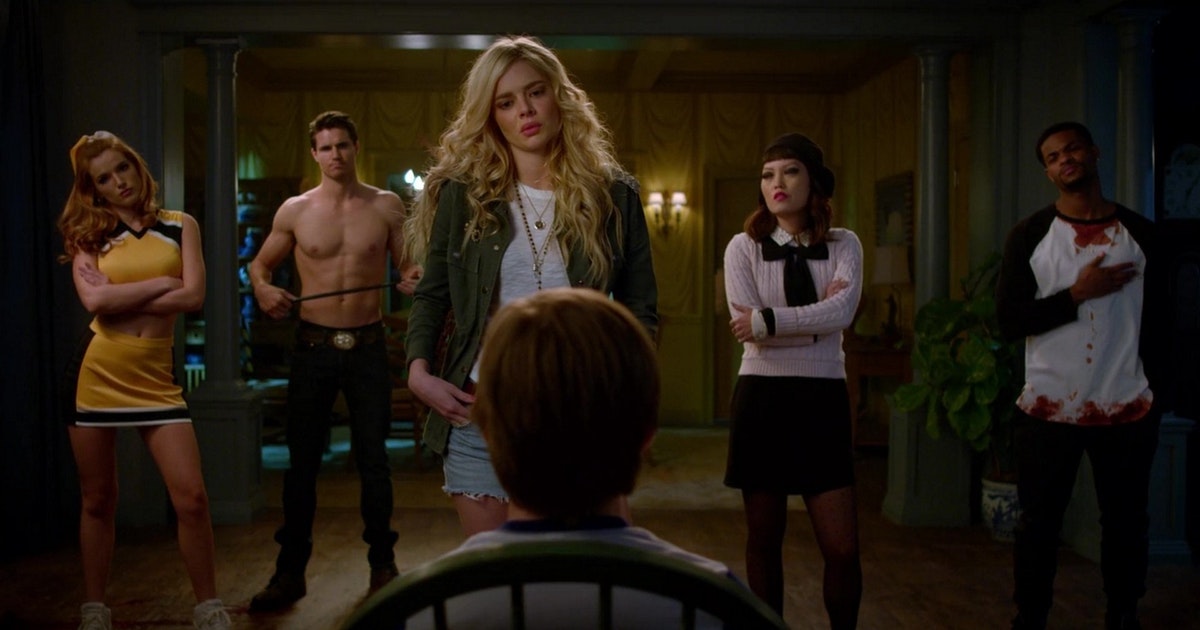
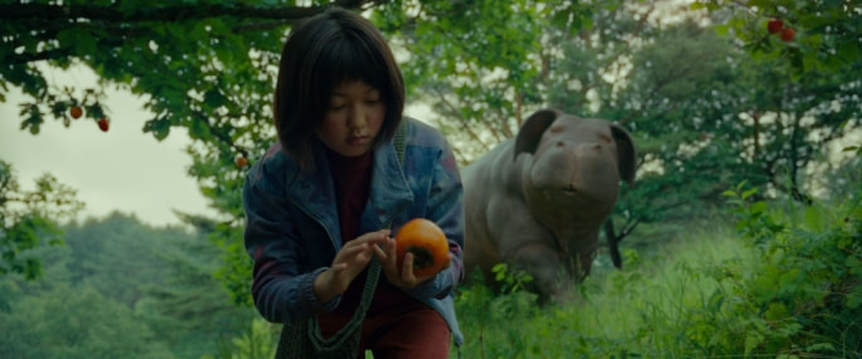
 RSS Feed
RSS Feed
